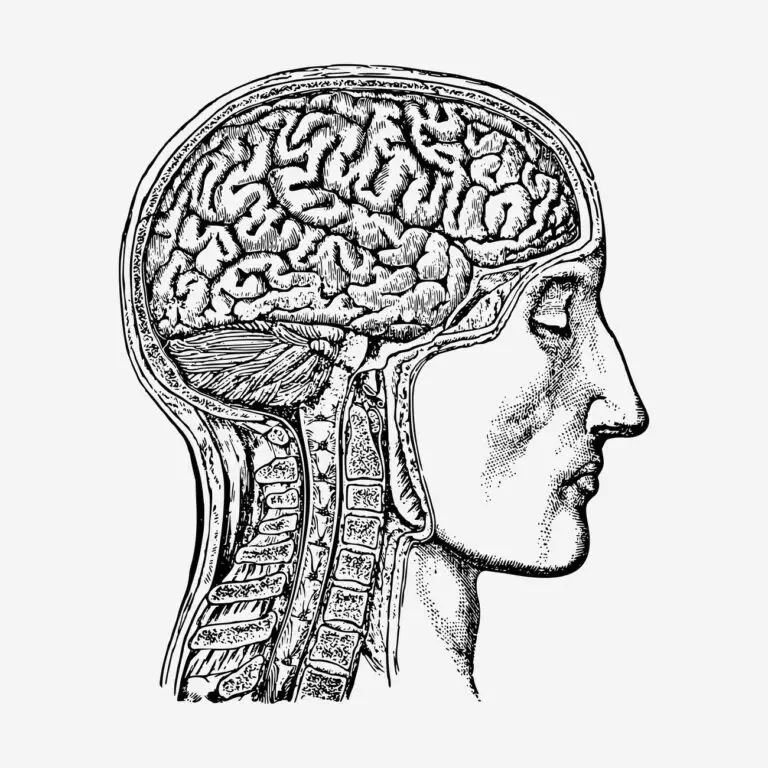Symptoms of stomach germ
We all know that stomach germs can cause unpleasant symptoms, from nausea and diarrhea to stomach cramps and headaches. But what exactly are the signs and symptoms of a stomach germ?
In this blog post we’ll discuss the common signs and symptoms of a stomach germ so that you can be aware of what to look out for.

Symptoms of stomach germ
Most people do not show any symptoms of infection The stomach germ (known scientifically as: Helicobacter pylori), and although the reason for this is unknown, it is believed that some people are born with immunity capable of resisting the negative effects of this bacteria, and symptoms may include the following:
Collywobbles
Infection with this germ causes pain and inflammation in the stomach and the symptoms it causes such as indigestion, pain in the upper abdomen, and a feeling of heartburn. It may sometimes cause painful ulcers in the upper digestive tract, and the reason for all this is that this germ destroys the tissues of the stomach and the first part of the small intestine known as the duodenum. The pain can be described in more detail as follows.
The timing of the pain
These pains occur two or three hours after eating, and the patient may feel pain in the middle of the night when the stomach is empty.
Duration of pain
The pain is usually mild and lasts for several days or weeks, then goes away and comes back at another time.
The disappearance of pain
The pain usually subsides when the patient takes some medications that reduce the level of acid in the stomach, such as antacids.
Vomiting and nausea
Stomach germ causes stomach irritation, which leads to nausea, which is an upset and discomfort in the stomach that often precedes vomiting, and vomiting is a strong, voluntary or involuntary movement to empty the contents of the stomach from the mouth, Vomiting may be accompanied by blood, or small grains that look like ground coffee beans may appear.
Secondary symptoms of gastroenteritis
Symptoms that can also be caused by stomach germs include:
- Excessive belching.
- bloating
- heartburn
- fever.
- Anorexia.
- sudden weight loss
- Not feeling hungry.
When should you see a doctor?
You should see your doctor if you notice any of the following:
- The presence of blood or a change in the color of the stool to black.
- difficulty breathing.
- dizziness or fainting
- Feeling tired and exhausted without making an effort.
- Pale skin color.
- Vomiting contains blood or appears as ground coffee
- Acute and chronic stomach pain.
It is worth seeking medical help immediately in the following cases:
- persistent abdominal pain
- Difficulty swallowing.
It is worth noting the importance of consulting and reviewing the doctor, given that the symptoms may be similar to other pathological conditions, and this requires the doctor to determine the necessary tests to detect this germ, and to follow his instructions to ensure that the analysis is performed in the correct manner.
What are the drugs that affect the analysis of stomach germs?
Resources
- ^ a B “Helicobacter pylori (H. pylori) infection”, www.mayoclinic.org,April 08, 2020, Retrieved January 26, 2021. Edited.
- ^ a B “H. pylori Bacteria Infection: Symptoms, Diagnosis, Treatment”, www.gi.mdNovember 25, 2019. Retrieved January 25, 2021. Edited.
- ↑ Nimish Vakil (Mar 2020), Helicobacter pylori infection, www.merckmanuals.comRetrieved January 25, 2021. Edited.
- ↑ “Helicobacter Pylori”, www.cedars-sinai.org, Retrieved January 25, 2021. Edited.
- ^ a B “Helicobacter Pylori”, www.hopkinsmedicine.org/, Retrieved January 25, 2021. Edited.
- ^ a B “Nausea and Vomiting”, www.webmd.com, Retrieved January 25, 2021. Edited.
- ↑ Suzanne Falck, (March 26, 2019), H. pylori Infection, www.healthline.com, Retrieved January 25, 2021. Edited.
This post is also available in: Dansk (Danish) Nederlands (Dutch) Français (French) Deutsch (German) עברית (Hebrew) Italiano (Italian) Polski (Polish) Română (Romanian) Русский (Russian) Türkçe (Turkish) Español (Spanish) Български (Bulgarian) Ελληνικά (Greek) Magyar (Hungarian) Português (Portuguese (Portugal))







